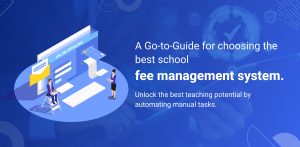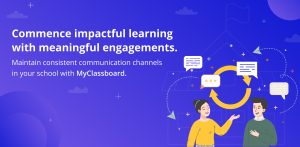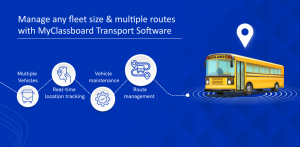Growing up can be quite tough. In today’s time, kids grow at a very rapid pace with their mind boggling questions and jaw-dropping responses.
Their surroundings and the people around them mould them into the human beings they become. Kids today are having a tougher time figuring life out, sure tech is one of the major reasons. They’re having so much more to deal with than us when we were kids. We never had to deal with the craze for technology or the pressure of maintaining an e-personality for our social media handles. For the matter of fact, we had real people we could talk to, laugh with and freely share our woes.
Research says that 7 in 10 teens think anxiety and depression are major problems amongst peers. The same research survey found that 6 in 10 kids feel the pressure to score good while nearly 3 in 10 feel the pressure to look good. Several such research surveys convey the same story. Kids today are depressed than ever been before.
One reason to be glad about is that education community is now trying to address these issues and make a difference. Educators today don’t shy away from addressing things in the context of “caring for the whole child” or “teaching to the whole learner.” The purpose is that, in order to make kids stand out academically, they need to have an overall healthy life, social and emotional needs play a crucial role to attain the same.
In the last couple of years, terms like “whole child” and “social-emotional learning” have become buzzwords. They’re all over in the education sector, making strong headlines in the news as well. However, behind all this hype, there are programs that are being initiated by educators, taking the numerous things a child needs to be able to learn and grow as an individual, even if it doesn’t fit in the traditional roles of a school.
So, what is Social-emotional learning?
It is thinking about the competencies that emphasise our ability to be available to learn and teach at the same time. There are a number of different frameworks that are in use.
Collaborative for Academic, Social, and Emotional Learning (CASEL) has given one of the strongest frameworks of SEL comprising of five competencies.
- Self awareness
- Social awareness
- Relationship skills
- Self management
- Responsible decision-making
These are the skills that everyone has to develop across their lifespan and need to invest their time and energy in, in order to be a positive contributor to their life and to those around them. It not only helps them at schools or at work, it has a larger purpose to it which is to make them better citizens of the world.
Educators need to have a growth mindset and not a fixed one when it comes to encouraging social-emotional learning to kids.
As educators, you also need to be open and available to learn through interactions around.
Importance of Social-Emotional Learning at Schools and why it should be integrated in school curriculum
Few of the many benefits of implementing SEL aggressively in schools are:
- ➾Fosters a positive school climate
- ➾Excellent result leading to school’s academic success
- ⟹Enhances analytical and communicational skills
- ⟹Effective self-management of emotions
Today, students in schools are from diverse social-economic and socio-cultural backgrounds. Integrating them into curriculum should be taken as a challenge and initiative at the same time.
Self-awareness: The ability to acknowledge and reflect on one’s own feelings, values, and practices
Social awareness: The ability to consider and accept another perspective than that of self, respecting the diverse socio-economic and socio-cultural norms
Relationship skills: The ability to initiate, sustain and prosper in maintaining positive connections with peers, faculty, families, and other social groups
Self-management: The set of skills that includes self-motivation, goal-setting, personal organisation, self-discipline, impulse control, and the use of effective coping strategies to deal with stress
Responsible decision-making: The ability to make choices considering the well-being of oneself and others
These competencies impact students which foster healthy class environments, schools, homes, and communities. SEL fosters a climate that is accommodative and sensitive for young learners. Since these skills are transferable, they help students empathise with different perspectives and work towards better outcomes for upcoming challenges.












